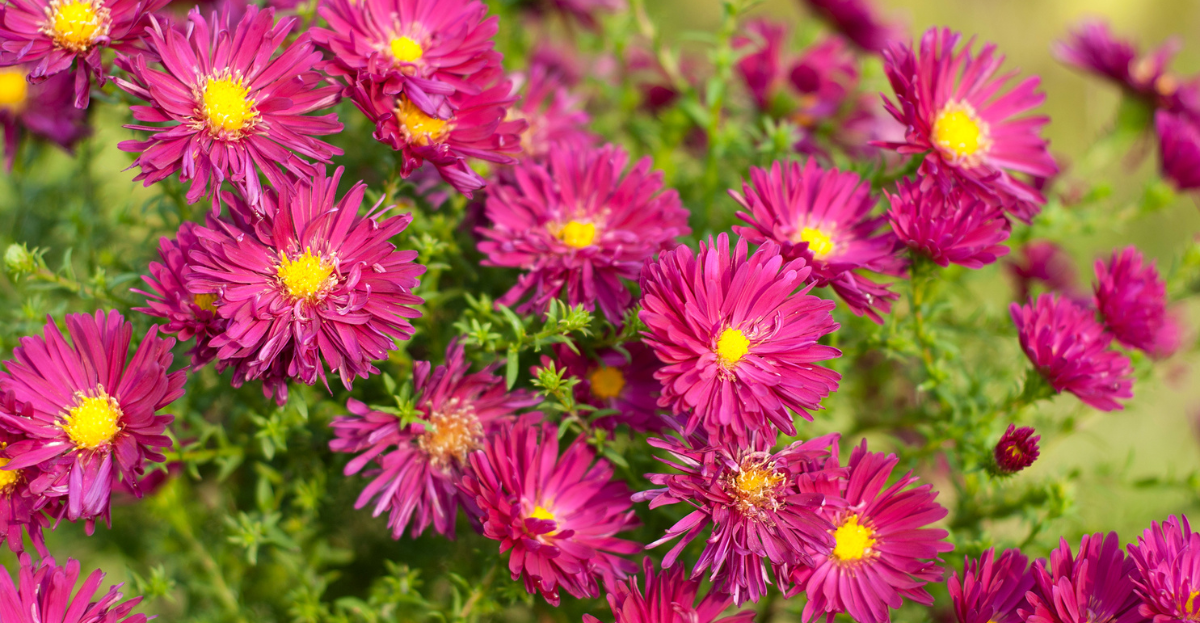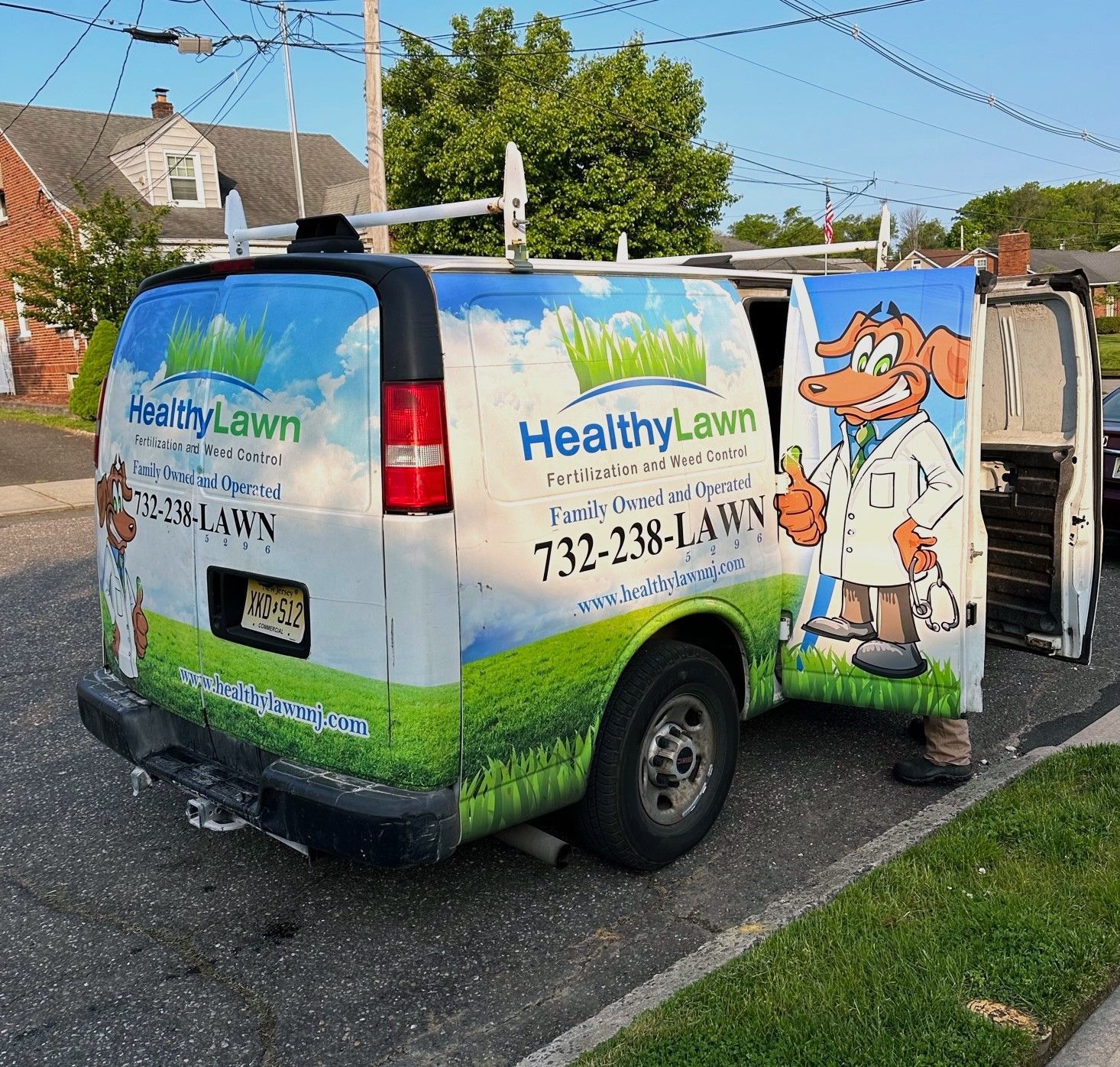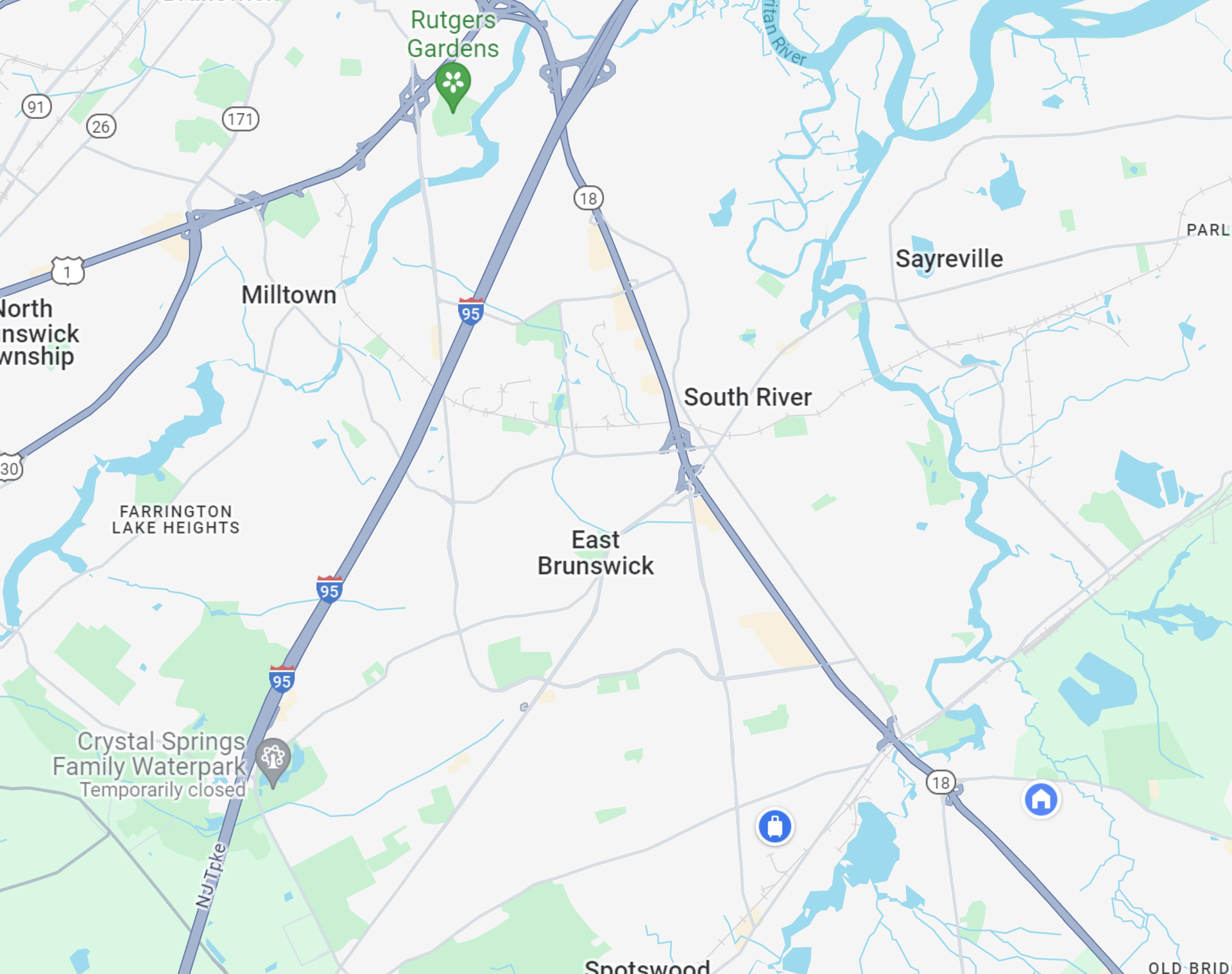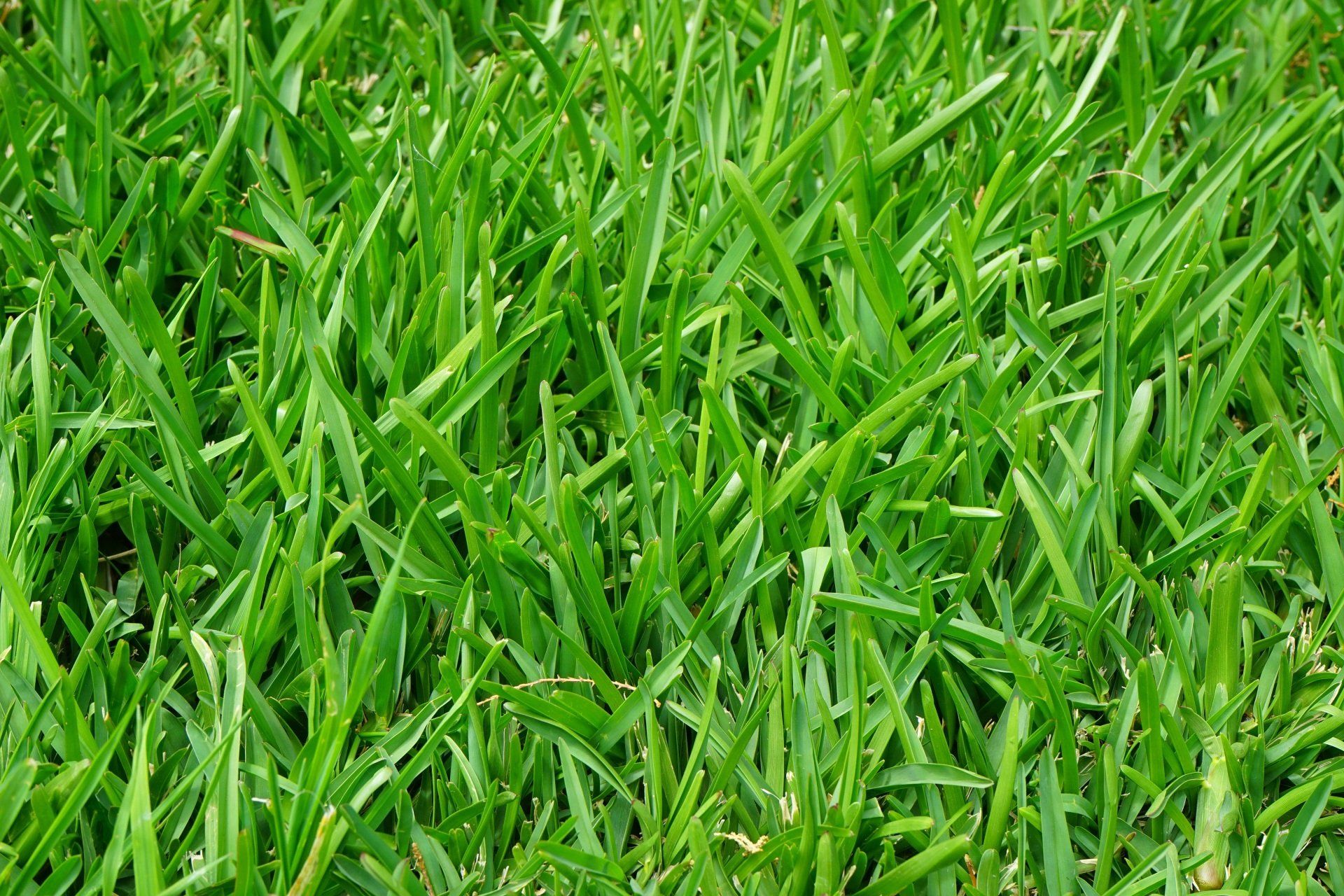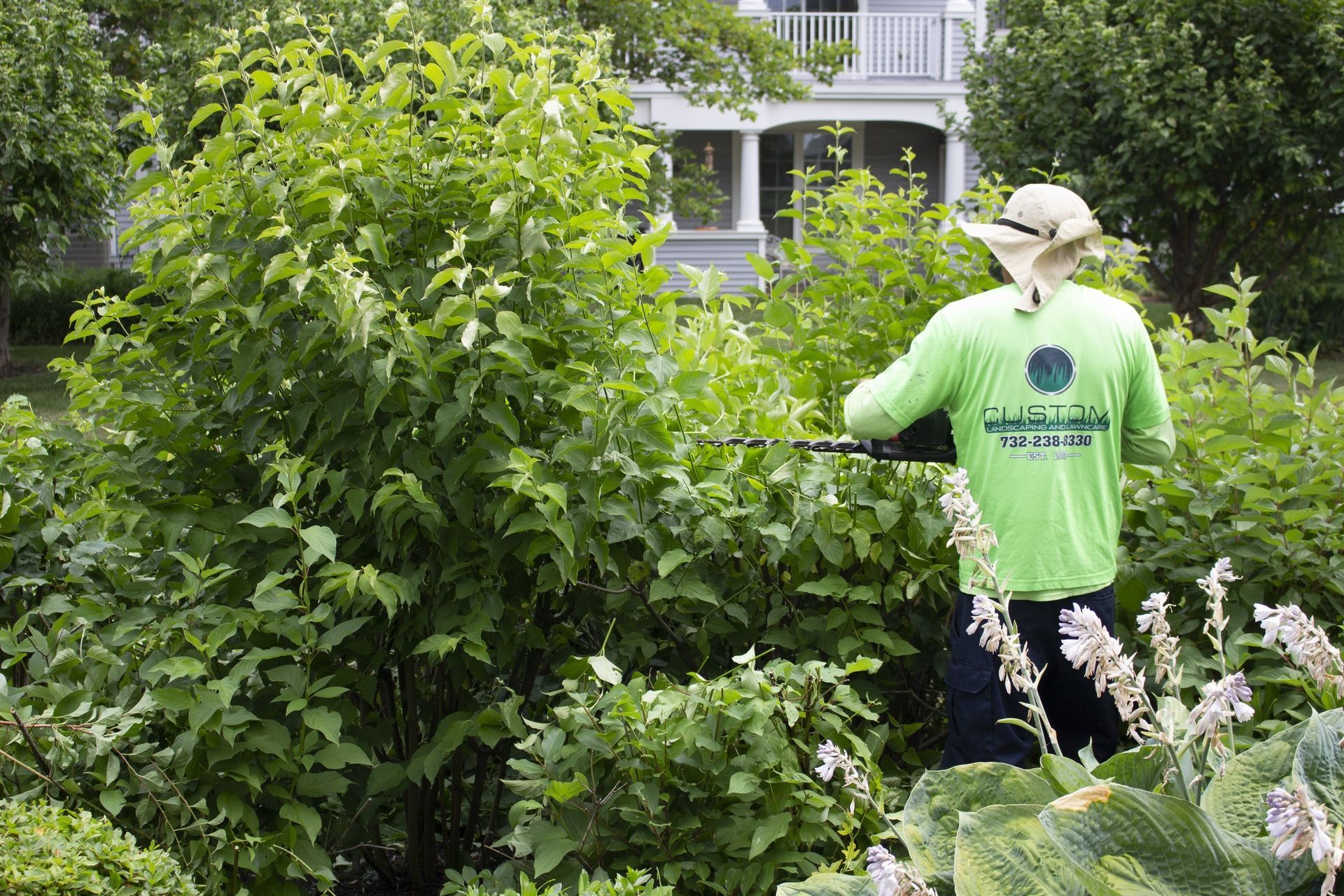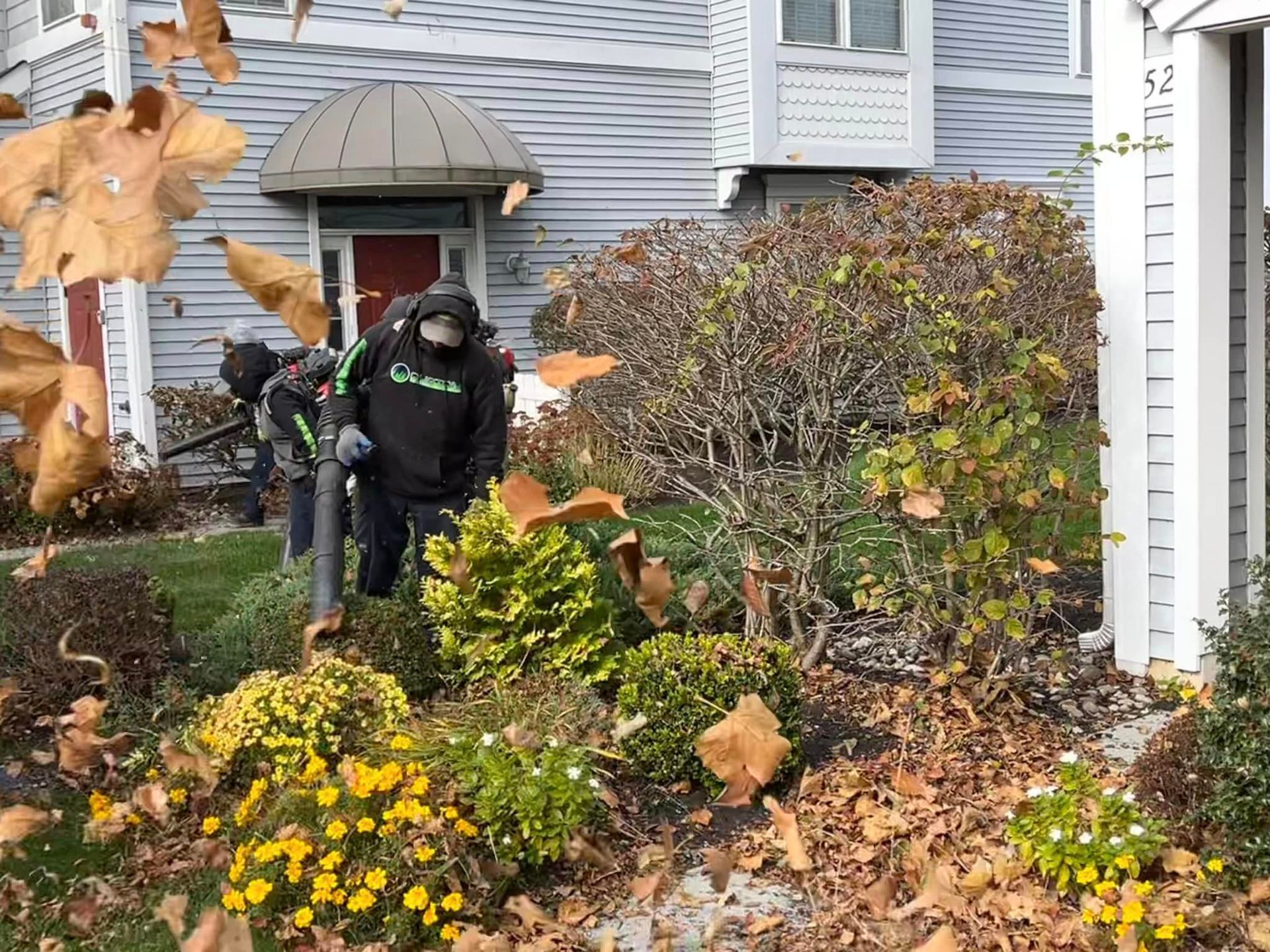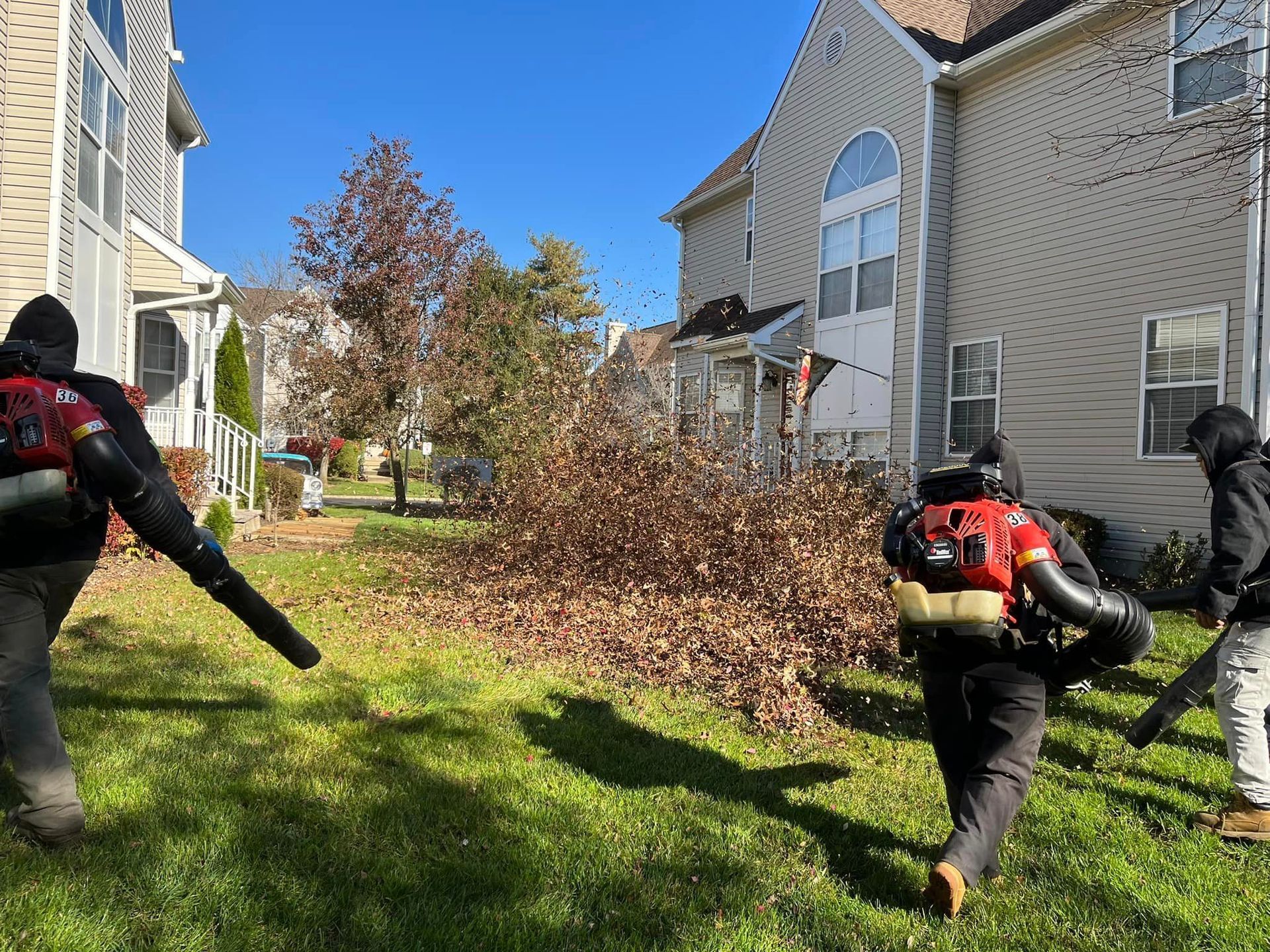Effective Organic Pest Control Methods for Central New Jersey Landscapes
Effective Organic Pest Control Methods for Central New Jersey Landscapes
In Central New Jersey, maintaining a healthy and pest-free landscape can sometimes feel like an uphill battle. However, resorting to chemical treatments not only harms the environment but can also have adverse effects on the native flora and fauna that inhabit our yards. Thankfully, there are plenty of organic alternatives that allow homeowners to tackle common pests and diseases while protecting our delicate ecosystem.
In this article, we present six effective organic pest control methods specifically designed for Central New Jersey landscapes. With these eco-friendly solutions, you can enjoy a beautiful and thriving yard without compromising the health of the environment or the plants, wildlife, and pollinators that share your outdoor space. These organically-focused methods offer a more sustainable approach to pest control, empowering homeowners to contribute positively to regional biodiversity while maintaining magnificent, pest-free landscapes.
Get ready to unlock the full potential of organic pest control and transform your Central New Jersey landscape into a healthy, flourishing haven.
Our pest control services are handled by our Healthy Lawn Division. Our Healthy Lawn Division provide mosquito control, perimeter pest control, and flea & tick control services.
Introduce Beneficial Insects to Your Landscape
- Natural Predators: Many insects can serve as valuable assets in your battle against pests, as they prey on those that are harmful to your landscape without causing any damage themselves. Examples of beneficial insects for Central New Jersey properties include ladybugs, lacewings, and ground beetles, all of which actively consume common pests like aphids, mites, and whiteflies.
- Attracting Beneficial Insects: To encourage these helpful critters to take up residence in your landscape, provide them with a suitable habitat by incorporating a diverse range of native plants, offering water sources, and limiting the use of chemicals that could harm their populations.
Employ Mechanical Pest Control Methods
- Handpicking: One of the simplest and most environmentally friendly approaches to controlling pests in Central New Jersey landscapes is handpicking, which involves manually removing pests from plants. This method can be effective for eliminating larger pests such as caterpillars, beetles, and slugs. To ensure safety, always wear gloves to protect your hands from potential diseases or venomous insects.
- Traps: Setting up traps is an effective way to control pest populations mechanically. Common types include pheromone traps, which lure insects using natural chemical signals, and yellow sticky traps, which primarily target flying pests like whiteflies and fungus gnats. Be sure to monitor your traps regularly and replace them as needed to maintain their effectiveness.
Use Organic Pesticides as a Last Resort
- Neem Oil: Derived from the seeds of the neem tree, this natural pesticide is an effective treatment against a wide range of problematic pests, such as aphids, spider mites, and mealybugs. Neem oil works by disrupting insect feeding and growth, ultimately leading to their demise. While relatively safe for beneficial insects, always apply neem oil in the evening to avoid direct sunlight exposure, which can weaken its effectiveness.
- Insecticidal Soap: Insecticidal soaps offer a low-impact solution for controlling soft-bodied pests like aphids, mites, and whiteflies. These products primarily work by dissolving the insect's exoskeleton and causing dehydration. To maintain their effectiveness and minimize damage to your plants, follow the manufacturer's instructions carefully and apply them only to plants affected by pests.
Embrace Cultural Control Practices
- Plant Diversity: Creating a diverse landscape featuring a mix of different plants can discourage pests from spreading and establishing populations in your Central New Jersey garden. Furthermore, diverse plantings encourage the presence of beneficial insects, which can aid in managing pest problems organically.
- Healthy Soil: Ensuring your soil is healthy and well-balanced can make your plants more resistant to pests and diseases. Perform routine soil tests to determine nutrient levels and adjust your fertilization regimen accordingly. Utilizing organic amendments like compost can improve soil structure and boost overall plant health.
- Regular Maintenance: Proper maintenance of your Central New Jersey landscape can help deter pests from settling in. This includes tasks such as pruning diseased or infested branches, removing weeds, and clearing away debris, all of which can harbor pests and their offspring.
Practice Biological Pest Control
- Introduction of Parasitoids: Certain insects, like parasitic wasps, are considered parasitoids, meaning they lay their eggs inside the bodies of their host pests, ultimately killing them. Introducing these beneficial insects to your Central New Jersey landscape can significantly reduce pest populations without the need for chemicals.
- Microbial Insecticides: Microbial insecticides utilize naturally occurring microorganisms such as bacteria, fungi, and viruses to target and kill specific pests. One well-known example is Bacillus thuringiensis (Bt), a bacterium that is highly effective against caterpillars, such as those responsible for cabbage loopers, tomato hornworms, and gypsy moths. These biological control agents are generally safe for humans, beneficial insects, and the environment.
Employ Companion Planting Techniques
- Trap Cropping: This method involves strategically planting crops or plants that attract pests away from your primary plants, acting as a sacrificial barrier. For instance, planting nasturtiums near your cabbage can help lure destructive aphids away from your main crop.
- Repellant Plants: Some plants emit odors or chemicals that repel harmful pests, making them excellent additions to your garden. Examples include marigolds (repelling nematodes and whiteflies) and garlic (deterring aphids, spider mites, and Japanese beetles). By integrating these plants within your Central New Jersey landscape, you can effectively repel pests while maintaining the organic integrity of your garden.
Conclusion
By embracing organic pest control methods tailored for Central New Jersey landscapes, you can achieve a healthy, flourishing, and pest-free outdoor space without resorting to potentially harmful chemicals. Not only do these eco-friendly practices promote healthier environments for you and your family, but they also help protect our precious ecosystems and the native flora and fauna that call them home.
Are you ready to harness the power of organic pest control and transform your Central New Jersey property into the envy of the neighborhood while preserving the integrity of our environment? At Custom Landscaping and Lawn Care, we are dedicated to providing our clients with the best lawn care services including effective organic pest control solutions. Our knowledgeable team understands the unique challenges that come with maintaining landscapes in Central New Jersey, and we're here to help you navigate every step of the journey towards a sustainable, pest-free property. Contact us today and get started on your journey towards a more sustainable, vibrant, and pest-free landscape today!
